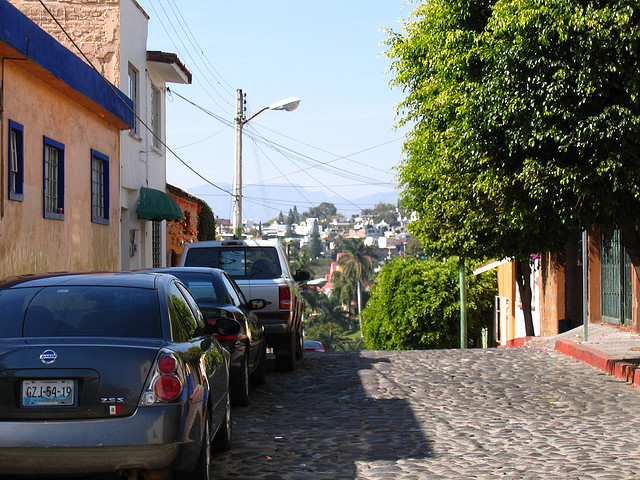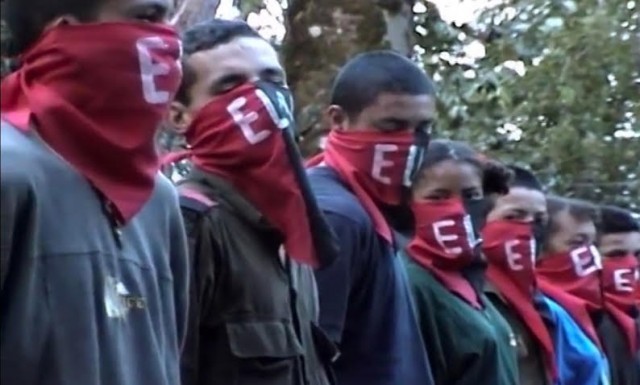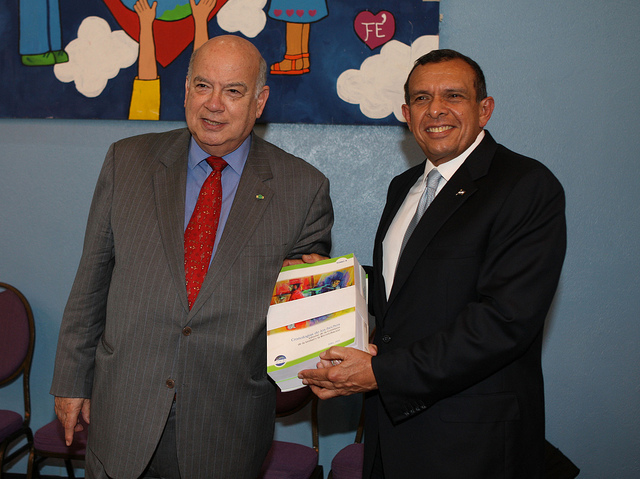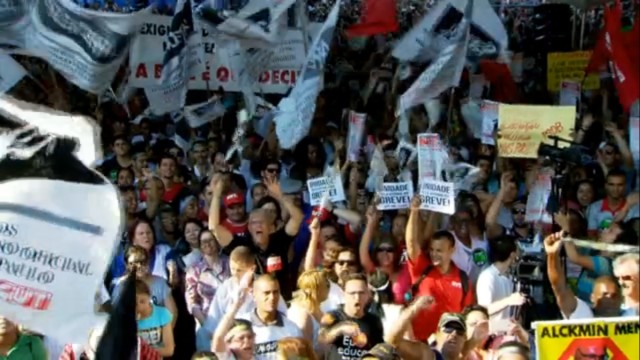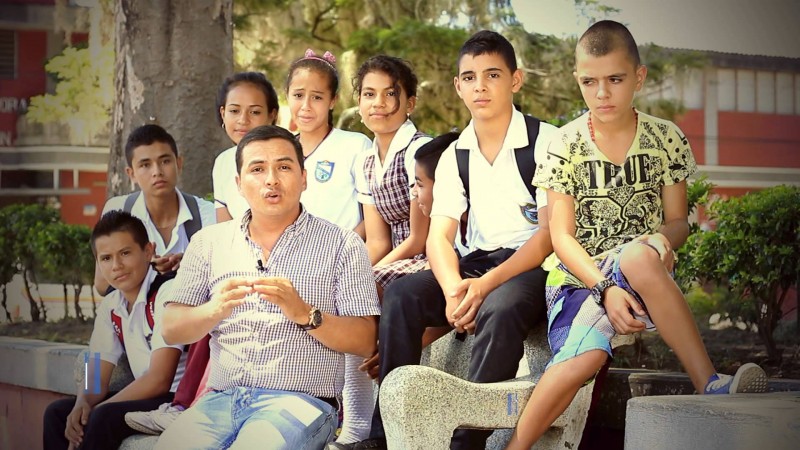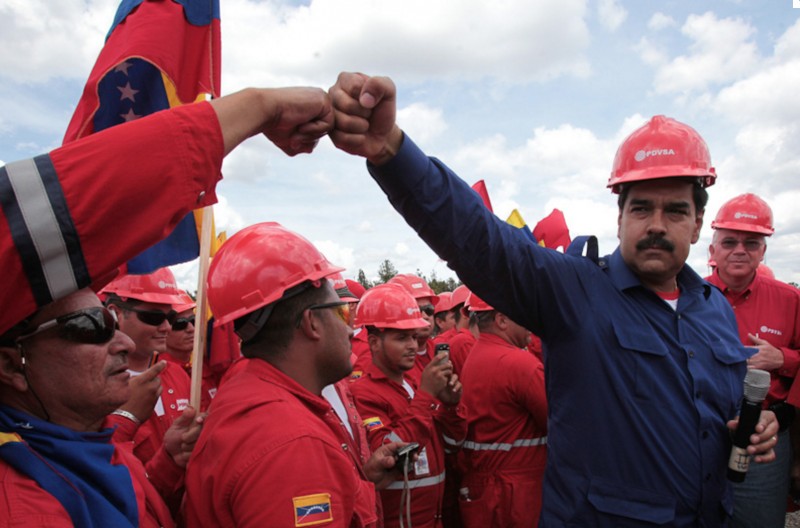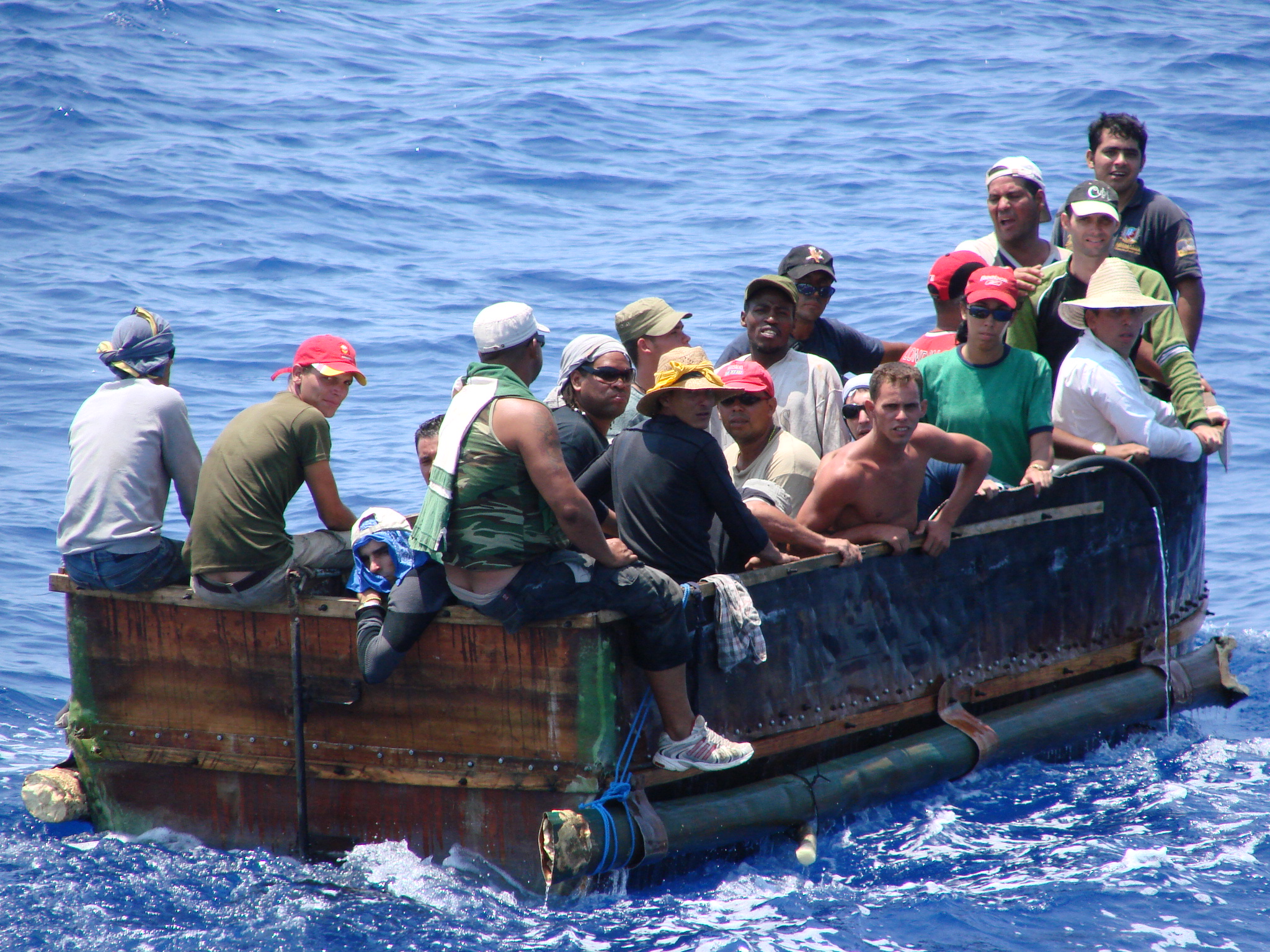
Caribbean, Central America, Costa Rica, Cuba, Latin America: Week in Review, Nicaragua
Cuba Blames U.S. Policy for Migrant Surge
November 18, 2015 By Staff
Top Story — Cuban officials have blamed U.S. policy for the recent surge in migration from the island to the United States, which has created a border crisis in Central America. In a statement issued Tuesday, Cuba’s Ministry of Foreign Relations said that the Cold War-era “wet-foot, dry foot” policy, which eases the residency process for Cubans who make it to U.S. soil, contradicts the current efforts to normalize relations between the two countries.
The recent influx of Cuban migrants traveling by land over Central America has resulted in a dispute between Costa Rica and Nicaragua. Costa Rican officials announced Tuesday plans to establish a “humanitarian corridor” for the safe passage of Cuban migrants who are being refused entry into Nicaragua. That announcement comes after Nicaragua sent hundreds of Cubans back to Costa Rica on Sunday, claiming that their southern neighbor was triggering a humanitarian crisis by issuing transit visas to such a large number of migrants.
Costa Rican Foreign Minister Manuel González said that more than 2,000 Cubans are currently stuck at the border. Some 300 Cubans are estimated to arrive daily at Costa Rica’s southern border with Panama.
Many Cuban migrants fear that this may be their last chance to take advantage of the “wet-foot, dry foot” policy, though U.S. officials say that there has been no discussion of changing the law. Cubans seeking to reach the United States often fly first to Ecuador, which does not require them to obtain a visa, and then make the journey north from there.
The Wall Street Journal reported that more than 9,300 Cubans have registered with Mexican immigration officials since January in order to travel safely through the country to the U.S.-Mexico border. This contrasts with a 79 percent increase in deportations of Central American migrants from Mexico in response to U.S. pressure following an influx of migrants fleeing violence in El Salvador, Honduras and Guatemala.
Several U.S. lawmakers whose families fled to the United States from Cuba drew criticism on Tuesday for their views on allowing Syrian refugees into the country in the wake of Friday’s Paris attacks. Florida Representative Ileana Ros-Lehtinen, who arrived as a child when her own family fled Cuba, argued that Syrian refugees should be thoroughly vetted before being allowed entry. Senator and presidential candidate Ted Cruz, whose father fled Cuba, proposed a bill to block Syrian muslim refugees from entering the United States.
Just Published in Latin America News Dispatch
- The last few weeks have been huge for Colombia’s LGBT community. Last month, the country’s first openly gay candidate for political office was elected mayor in a small city. Then, last Wednesday, the Supreme Court ruled that adoption agencies can not discriminate against LGBT couples. But as Jessica Diaz-Hurtado reports from Colombia, some are saying much more is needed.
Headlines from the Western Hemisphere
North America
- The United States has accepted six minors from El Salvador seeking asylum, the first asylum seekers to be accepted as part of a State Department program launched almost a year ago to allow children to enter the United States to reunite with their parents.
- The majority of U.S. voters in Ohio, Indiana, Iowa and Tennessee approve of the re-establishment of diplomatic relations with Cuba, as well as a lifting of travel and trade restrictions, a poll conducted by the Atlantic Council has found.
- A New York Times feature explores the difficulties faced by Mexico’s Low German-speaking Mennonite community in the state of Chihuahua, many of whom are preparing to leave the country as groundwater in their community becomes scarce.
Caribbean
- Five judges in the Dominican Republic have been suspended, three of them without pay, and are now facing accusations of having accepted bribes to release known criminals from prison, a claim the judges are denying.
- In Puerto Rico, lawmakers will likely attend a special legislative meeting to decide whether to support a bill that proposes to restructure the Electric Power Authority’s $8.2 billion debt.
- Haiti’s runoff presidential election scheduled for Dec. 27 has been tainted by further doubts after election officials refused requests to introduce an independent commission tasked with verifying the preliminary election results from Oct. 25.
Central America
- A helicopter crash in southern Nicaragua has claimed the lives of two Americans and the Nicaraguan pilot, while former presidential minister Antonio Lacayo, who was also on board, is reported missing.
- A new police study in El Salvador has determined that almost 70 percent of the country’s murder victims have no gang affiliations, a discovery that challenges the pervading assumption that the country’s high murder rate primarily affects those with criminal ties.
- In Honduras, violence against women has escalated to the point that a woman is murdered every 16 hours, according to a statement made on Tuesday by the country’s Women’s Rights Center.
Andes
- Bolivian President Evo Morales has faced criticism for making a joke during an official ceremony that suggested Heath Minister Ariana Campero was a lesbian. Campero has faced sexist comments from high-ranking officials in the past, including when Vice President Álvaro García Linera told her to “get married.”
- Many universities in Venezuela have suffered crippling budget cuts or closures because of the country’s economic crisis, The Los Angeles Times reports, leaving 380,000 students without a school and prompting 1,000 professors to quit their jobs in the last two years.
Southern Cone
- Efforts to avert another dam break prompted Brazilian mining company Samarco, whose mining reservoirs broke earlier this month killing 12, to begin emergency work on two more of their iron waste-water dams that the company says show structural damage.
- Prosecutors brought charges against Argentina’s central bank of selling U.S. dollar reserves below international market value — claims that the bank denies as political slander against its president, but which the police investigated Tuesday in a raid of the establishment.
